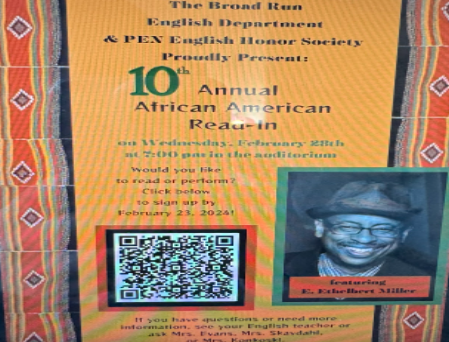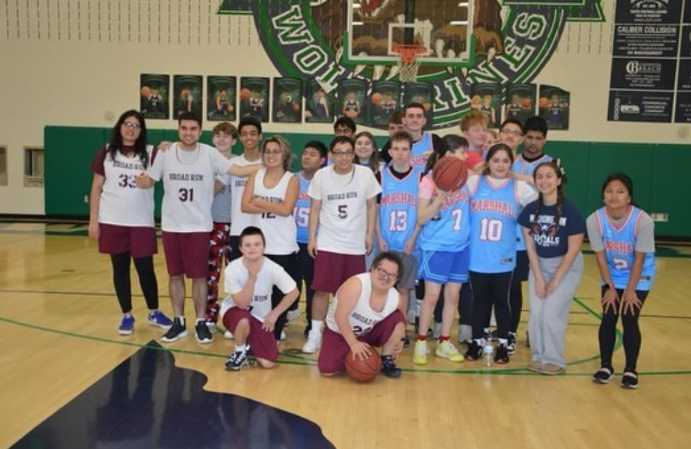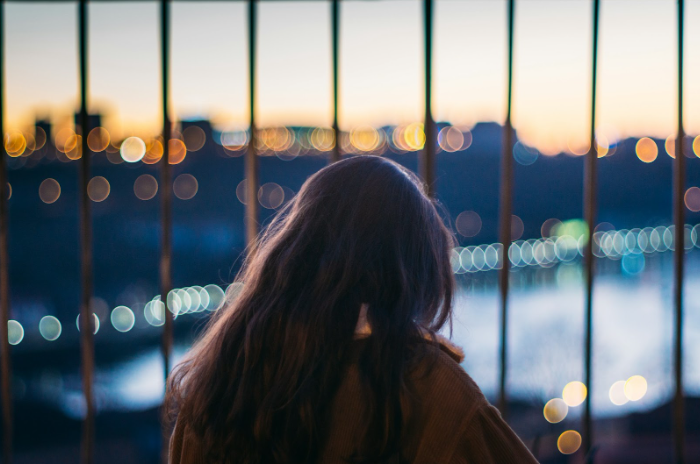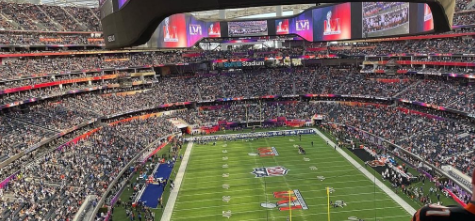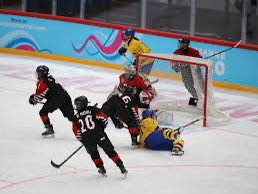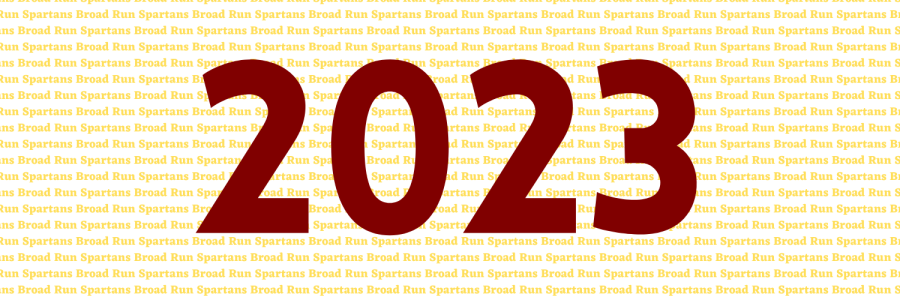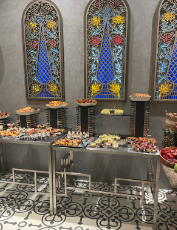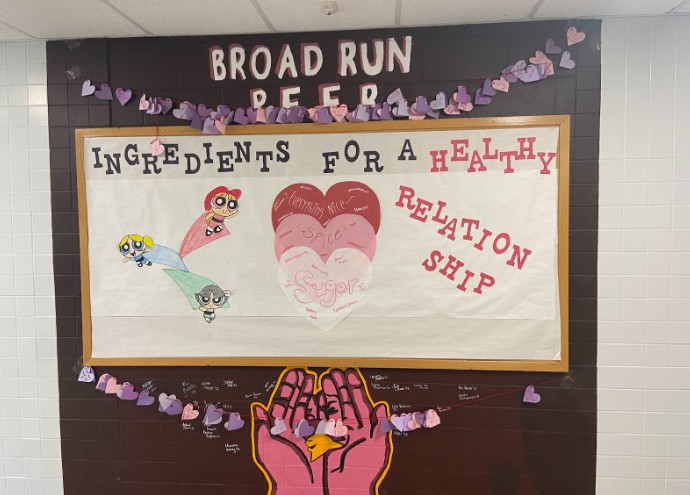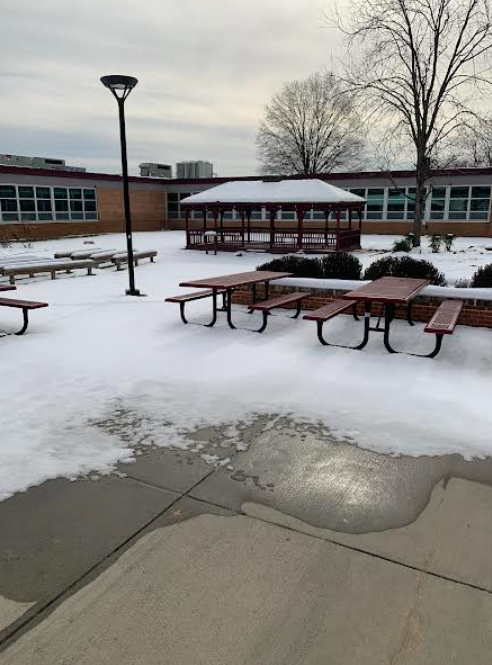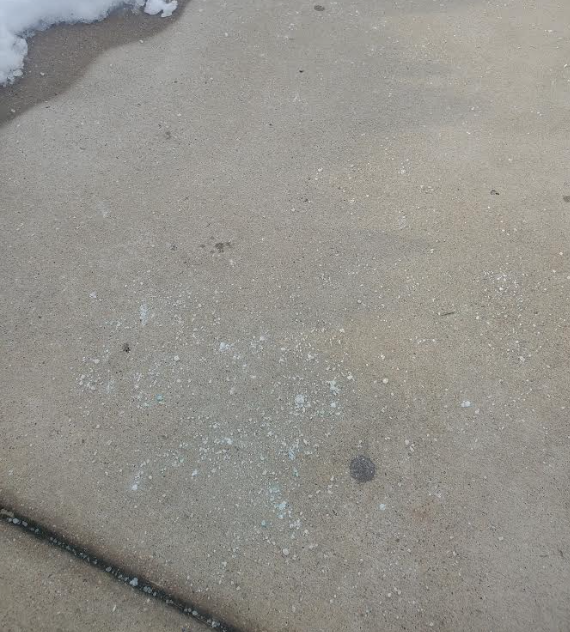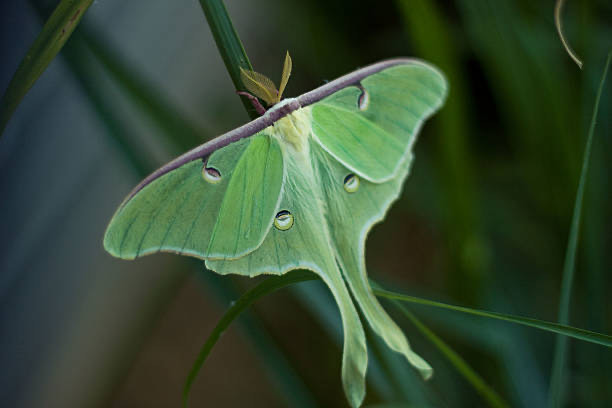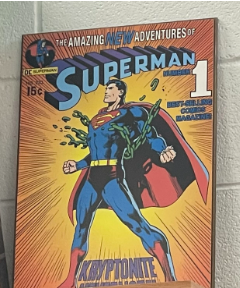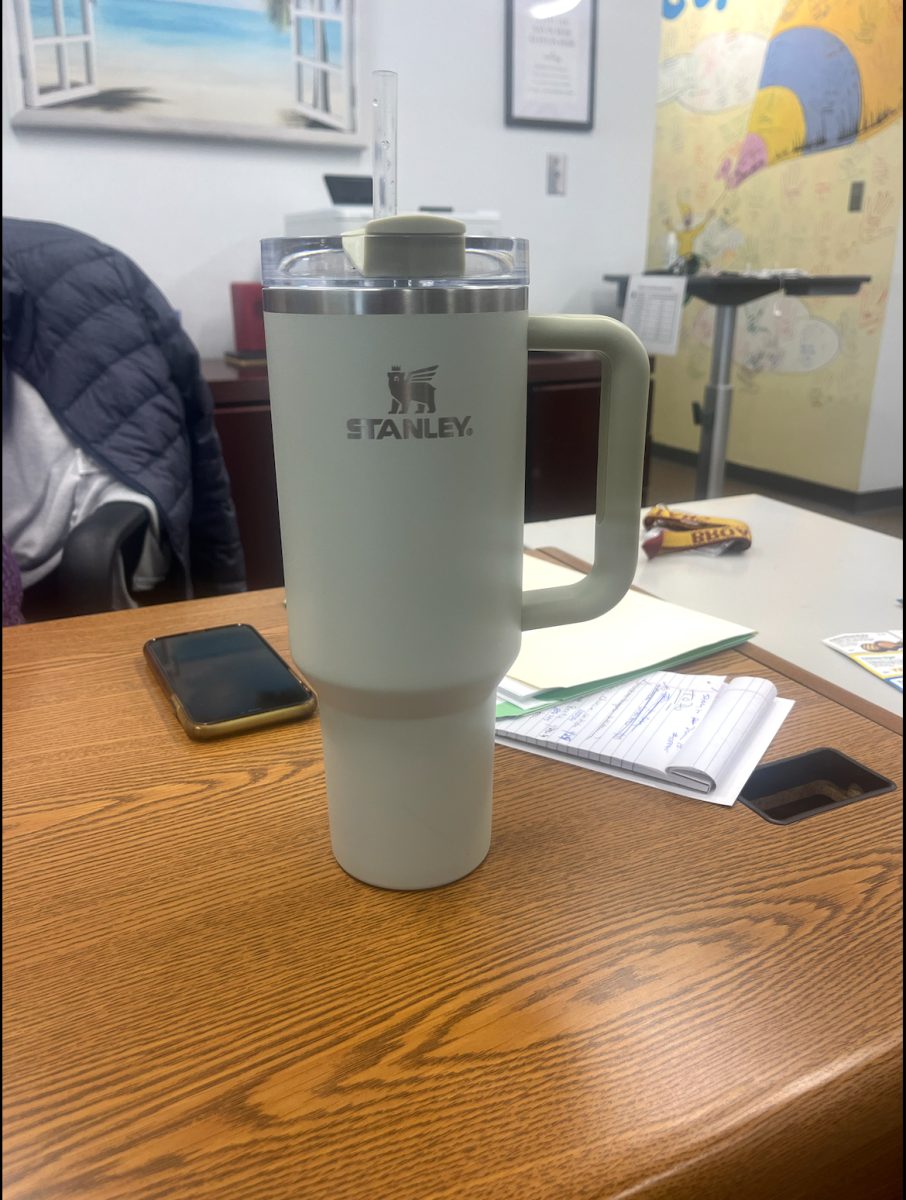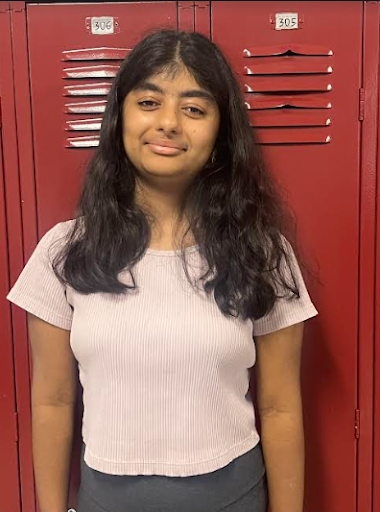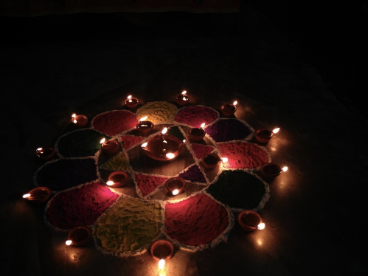
Diwali, the festival of light, is celebrated by many Hindus, Sikhs, Buddhists, and Jains around the world. Diwali is not only about lighting diyas (lamps) and fireworks, it symbolizes the triumph of light over darkness. While the basic principles of Diwali are the same in both North and South India, the origins of Diwali differ between both parts and are based on religion. Every year the date for Diwali changes as the date for the festival is based on the Hindu lunar calendar and this year the festival is being celebrated on Sunday, November 12. Regardless of the origin of Diwali, this festival is truly cherished around the world.
The origin of Diwali differs depending on which religion of India you live in, North or South. In Hindu culture in North India, Diwali is celebrated to honor the return of Prince Rama (Hindu god Rama) and his wife Sita to the city of Ayodhya after 14 years. The story starts with Rama’s father Dashratha, King of Ayodhya, who has four sons that are from three different wives. Rama was the eldest, Lakshman and Satrugna (twins), and the youngest, Barat. Barat’s mother wanted him to become king so she made Dashratha exile Lakshman, Rama, and Sita to live for 14 years in the forest. About 10 years later, an evil demon king named Ravana kidnapped Sita and took her to his home in Lanka. Hanuman, the monkey King, uses his magic powers to fly and to find out the location of Sita. With the help of Hanuman and his monkey army Rama can kill Ravana. With the exile period being completed, Rama, Sita, and Lakshman can return home.
In Hindu culture in South India, Diwali is celebrated to honor the day that the Hindu god, Lord Krishna defeated the demon Naraka, an evil king of Pragjyotishapura in present-day Assam in India. The story goes that Naraka, the demon of filth would kidnap women, kidnapping over 16,000 daughters of gods, and make them live with him. Lord Krishna was asked by the gods to help save the women, and he ended up killing Naraka in the battle, saving the women, and retrieving the stolen earrings of the mother of gods, Aditi. Due to Narakasura’s few good deeds, Krishna allowed him to have his final wish granted, which was to let the day he died be celebrated as a day of feasting in the World.
Whatever the size of the celebrations, Diwali is celebrated over five days in India. On the first day, people traditionally buy gold, which is meant to bring good fortune. They also clean their homes for the upcoming days of the festival. The second day is when families decorate their homes. The third day is the main celebration when Hindu families gather for a prayer to the Goddess Lakshmi. This puja holds significance as it is believed that the Goddess Lakshmi blesses every house with prosperity and wealth. The third day ends with a feast of traditional Indian food and fireworks. The last two days are completely family-oriented. Many people in the U.S. celebrate the third day of Diwali. According to Junior Vaidehi Rajagopalan, she spends her Diwali going over to a family friend’s house where they are hosting a party.
The cuisine in Diwali is an important aspect of the festival and features a wide variety of foods. According to Rajagopalan, on Diwali, she normally eats traditional South Indian food as well as many sweets and desserts. Some examples are many popular appetizers such as samosas, pastries filled with a blend of spices, potatoes, and peas. A frequently consumed rice dish is yellow rice. Indian sweets, or mithai, differ from desserts in the US. During Diwali sweets consisting of nuts, sugar, and even milk are common. Some common sweets eaten around this time are Halwa, made of a vegetable that’s cooked with ghee, sugar, and milk, Laddus, small balls made from flour, gee, sugar, and nuts, kheer, a rice pudding; and Gulab jamun which are donut holes served in a sweet syrup.
Whether you celebrate Diwali or are invited to a celebration, be ready to have some fun and immerse yourself in the many traditions. Embrace the spirit of Diwali, and join in the delight that Diwali brings around the world.
